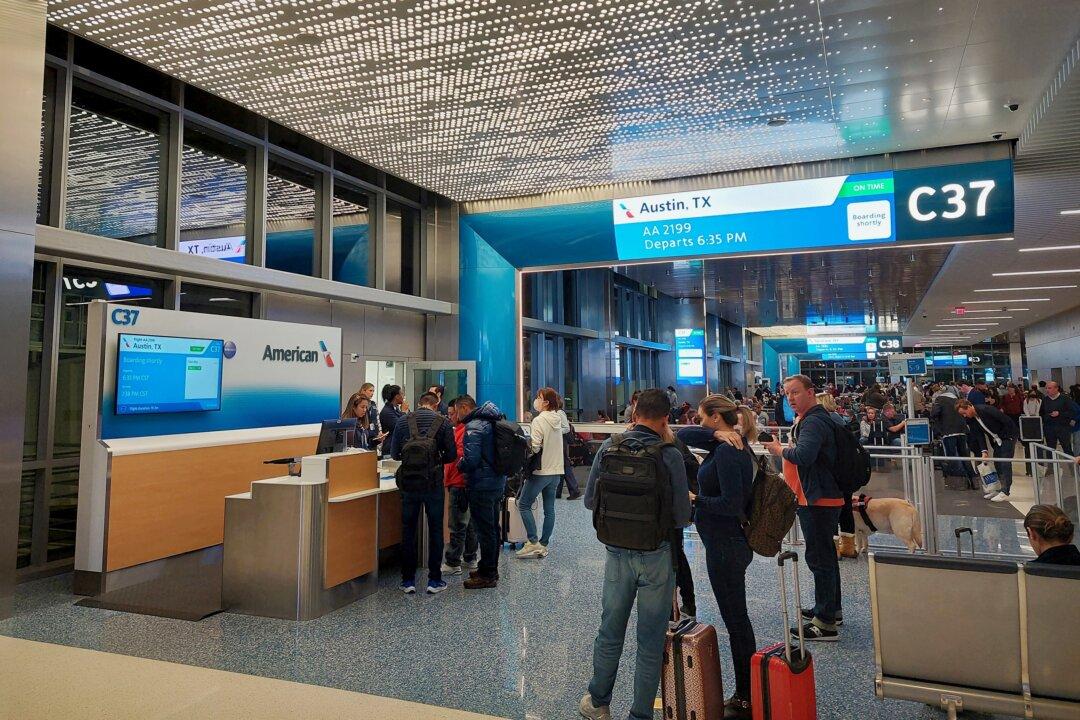In late August, American Airlines announced that it was suing an airfare website that sells seats using a sneaky money-saving trick—one that is forbidden in almost all airlines’ contracts of carriage.
It works like this: If the airfare from, say, Boston to Houston is $400 on a nonstop flight, but on the same day the fare from Boston to San Antonio with a connection in Houston is $300, some people buy the connecting flight instead of the more expensive nonstop and get off in Houston. Their seat to San Antonio remains empty.
So why is this, arguably, immoral?
First, the airline loses money on the trip. I don’t own airline stocks, but I do buy airfares, and guess what: having suffered the financial loss, the airline will compensate by increasing airfares for those who don’t cheat (that’s probably you and everyone you know).
Plus, what about that empty seat from Houston to San Antonio? The airline thinks it’ll be occupied, and when seats on a flight sell the fare on all the remaining seats on the plane will likely go up. What if every passenger booked through to San Antonio but got off in Houston? Anyone looking for a seat from Houston to San Antonio would either pay a vastly inflated fare for the last few seats, or perhaps there’d be no seats at all.
Buying a connecting flight and not using the connecting segment isn’t just against the contract of carriage, it also costs other passengers money. It isn’t fair.
There’s another reason why this ticketing trick increases airfares for those who don’t use the ploy: It eliminates the incentive for an airline that flies only a route with connecting service to offer the same price as a competing airline offering nonstop service. Connecting flights are often cheaper than nonstop flights partly because, let’s face it, everyone prefers flying nonstop, so it’s a more valuable product.
But let’s say American flies nonstop on a route for $200. United doesn’t fly nonstop, but offers a $200 connecting flight. That gives consumers a choice of airlines at the same price. If United loses money on the connecting flight, they might stop offering it, allowing American to raise their fare on the route since there’s no longer competition.
This fare trick also disrupts schedules. If enough passengers on a flight play this game, the airline might hold the connecting flight for “missing passengers” who never show up, causing delays for everyone. That adds to the airlines’ costs, too, and we all pay a bit more in airfare when it does. As with other Brainiac ideas like AirBnB and Uber, there are unintended consequences.
This website, which as you can see I have so far managed not to name, was previously sued by another airline and by an online travel agency the site had also involved in the scheme. Nothing came of it. It’s not clear why American thinks it will do better this time.
By the way, you use this “hidden city” ticketing ploy at your own risk. When Logan Parsons bought a one-way hidden city ticket from Gainesville, Florida, to New York City with a connection in Charlotte, an airline employee in Gainesville grew suspicious when the 17-year-old Charlotte resident presented his North Carolina driver’s license. American canceled his ticket and made him buy a last-minute nonstop flight to Charlotte. They also banned him from flying American for three years. Other passengers have been kicked out of frequent flyer programs or had their miles deleted. Some have been asked to pay the fare difference.
Look, I love to save money too, but not if someone perhaps less fortunate ends up paying more if I cheat. There’s no way to justify it.
Copyright 2023 Tribune Content Agency, LLC.






